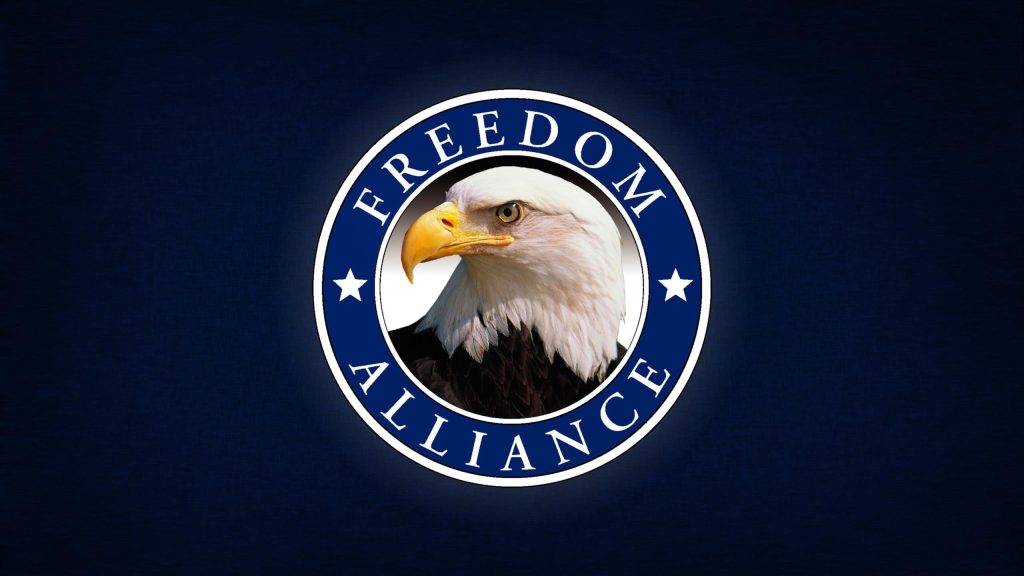From the formation of the United Nations to the present, the United States has been the largest contributor, giving a record $8.3 billion to 37 organizations, agencies, commissions, programs, and funds during 2010. For the majority of these budgets, the U.S. contributes 22-27 percent, even though the U.N. is a 192 Member Nation organization. Tracking U.S. federal government funding from 17 departments and agencies was so complicated that Congress finally required the Office of Management and Budget to provide a complete report. Even that report only lists 26 U.N. agencies, but I found U.S. funding of 37 (see Table 1 on the next page).
Of the $8.3 billion from the U.S. in 2010, U.N. Peacekeeping received the largest share at $2.846 billion (U.S. assessed 27.3% of budget); the World Food Programme second at $1.565 billion (U.S. share 36.3%); the U.N. High Commissioner for Refugees third at $707 million (U.S. share 37%); and the U.N. Regular Budget fourth at $651 million (U.S. share 22%). Also, the U.S. gave over $100 million to six other U.N. entities, and over $50 million to four more.
Only six nations – United States, Japan, Germany, United Kingdom, France, and Italy – contribute 60 percent of the U.N. Regular Budget. Just 15 nations – adding Canada, China, Spain, Mexico, South Korea, Australia, Netherlands, Brazil, and the Russian Federation – provide about 81 percent of U.N. funding (see Table 2). The other 177 Member Nations cover the balance of 19 percent. (See Table 3 for scale of assessments comparison.)
The Obama Administration is profusely supportive of the United Nations, and along with most U.S. Senators, highly reluctant to criticize the organization or press for reforms. At least the U.S. House of Representatives’ Committee on Foreign Affairs is becoming increasingly concerned about the U.N.’s lack of accountability with billions of U.S. taxpayer dollars.

